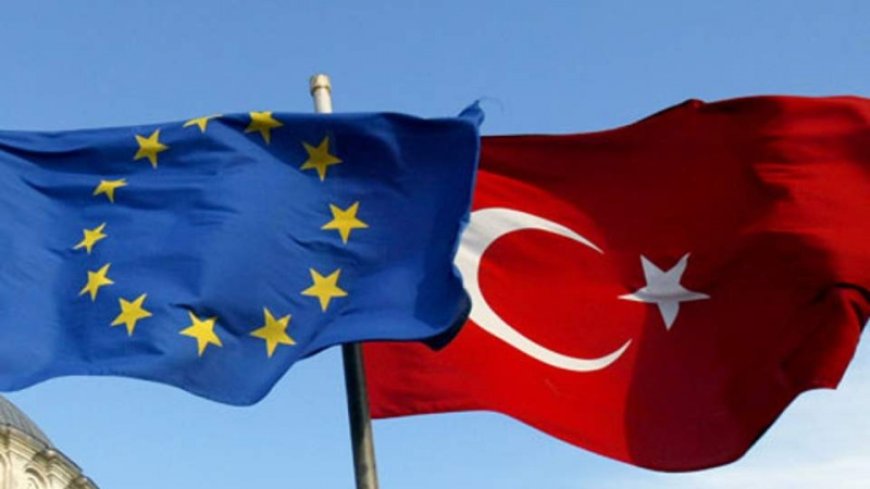The unwillingness of Western countries to give Turkey membership in the European Union
While the Turkish government has initiated new efforts to join the European Union, the results of a new opinion poll show that many European citizens oppose the country's membership in the union.

The results of a new opinion poll conducted by the European Council on Foreign Relations (ECFR) show that only a small number of citizens of the European Union member states support Turkey's rejection of the union. The point to be considered here is the opposition of Central and Eastern European countries to Turkey joining the European Union. For example, 60 to 65 percent of Polish and Romanian citizens oppose Turkey joining the union. This is in such a situation, the citizens of Bulgaria, Poland and Romania, travel to Turkey every day to buy the products they need due to the relief of the price of these products in the country following the decline in the value of its national currency. The surprising thing is that the government and citizens of those countries a decade ago, expressed their desire to allow Turkey to join the European Union. Central European countries are against Turkey joining the European Union, while another large group of citizens of Austria, Germany, France and Denmark are also against the country joining the union. Since 1964, the government of Ankara has been trying to become a European country, which has led it to make major reforms in its laws and culture to achieve that goal.
President Tayyip Erdogan Despite nearly 70 years of efforts made by Turkish politicians in the field, they have not succeeded in joining the European Union and this includes the fact that the country has been allowed to join some of the important institutions of the union such as the European Customs Union. This means that European governments aim to take advantage of the opportunities for services and cheap products of Turkish industries despite denying the country membership in the European Union. The politics of Western governments have become so clear in the last seven decades that some Turkish political analysts consider the European Union to be a special Christian club. Mrs. Dorothe Schmidt, researcher and head of the Modern Turkey schedule at the French Institute of International Relations and a prominent analyst of the institute, said this a decade ago: " The term "Christian club" it is mostly used by Turkish politicians and analysts. In fact, religion is not mentioned anywhere in the constitution of the European Union. Despite this, the issue is discussed in the minds of the majority in the European Union. Today, opinion polls show that only 30 percent of European citizens support Turkey joining the European Union.
On the other hand, we should not ignore the fact that the leaders of the Turkish government, after the war of words with European governments in the last two decades, have recently opened a new way to approach and strengthen their relations with European countries. The latest step is the one taken by the Turkish government to build a bridge over the sea between that country and Greece so that cars can travel more easily between the two countries. The Turkish government is also trying to strengthen its relations with some other powerful countries of the European Union, namely Germany, France and Italy. The actions of the Turkish government have once again been put on the work agenda in a situation where David Cameron, the former British Prime Minister, once said: "Turkey will not be able to join the European Union until the year 3000."
Many days of tension between Turkey and Greece The leaders of Germany, France and Italy, three powerful countries of the European Union, have always criticized the foreign policies of the government of President Tayyip Erdogan of Turkey and the country's attitude towards issues such as human rights, immigration, women's rights, of minorities, withdrawing from the Istanbul Agreement, lack of financial transparency, lack of freedom of expression and the separation of the three pillars of the dollar. Considering this fact, Turkey has announced a request to restart negotiations on its membership in the European Union, while major European countries clearly show signs of not wanting to pursue the issue. On the other hand, the recent words of Mehmet Simsek, one of the important ministers in Erdoğan's cabinet regarding the European Union, confirm the fact that in the last two decades, Ankara's leaders have been pretending that they have no desire to join the European Union. in which they are making great efforts behind the scenes, to convince European leaders to accept their request to join the union.













































